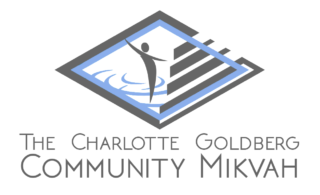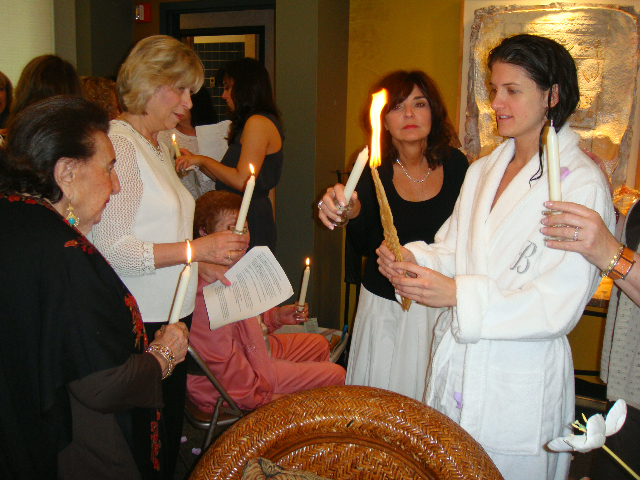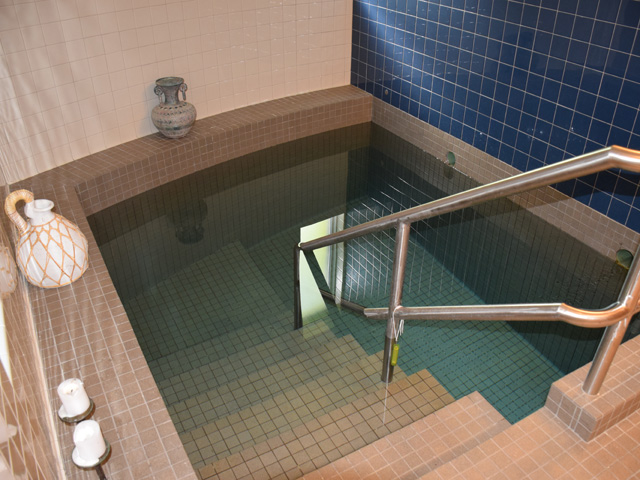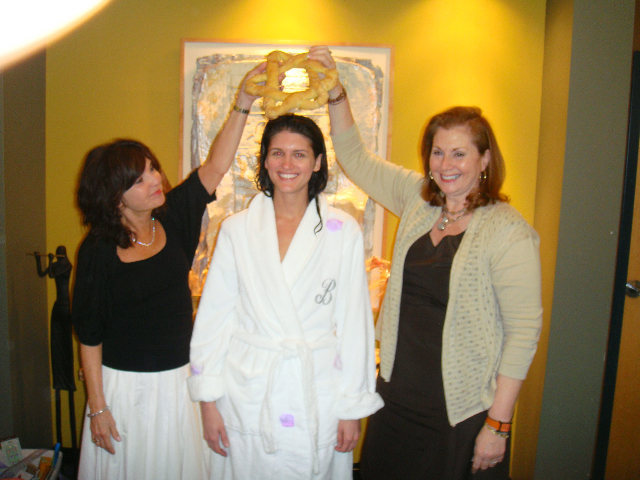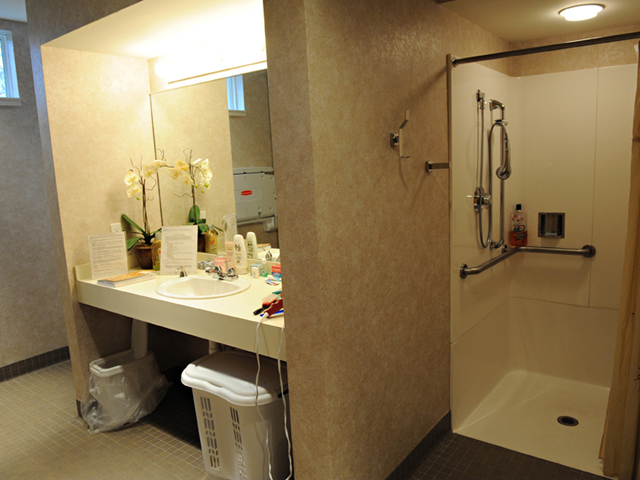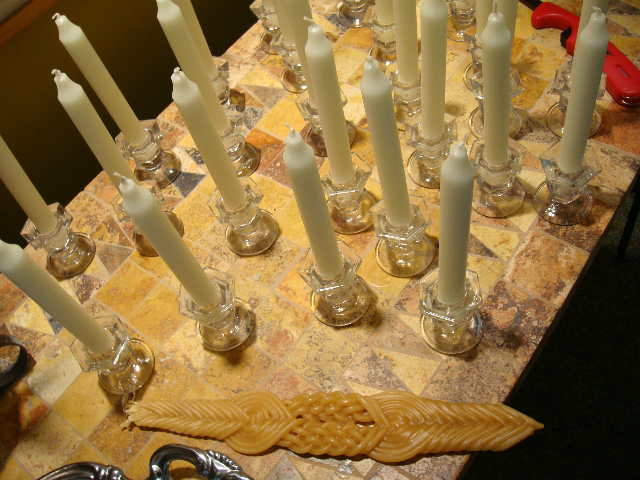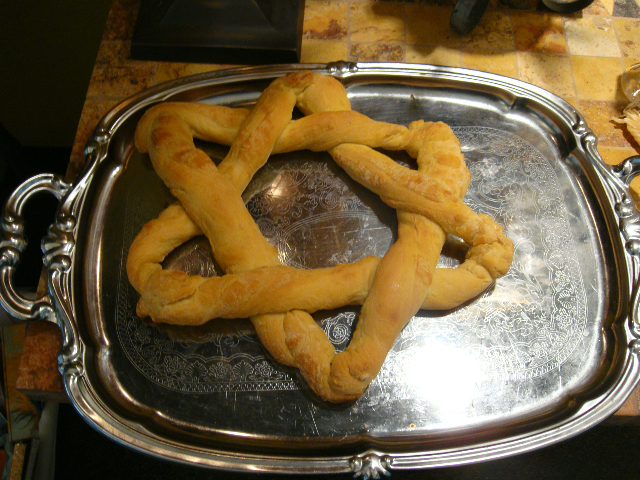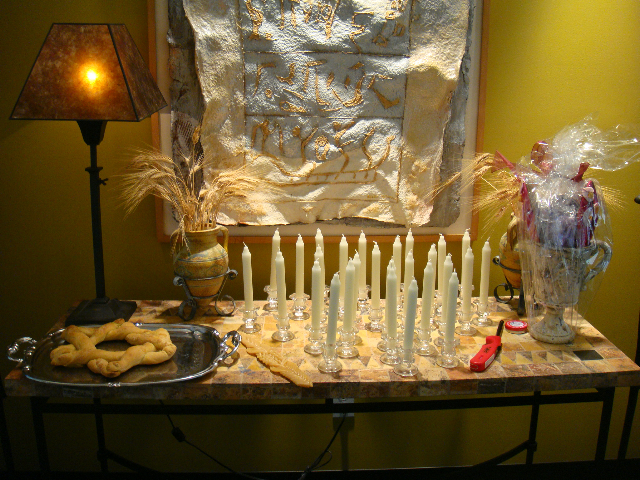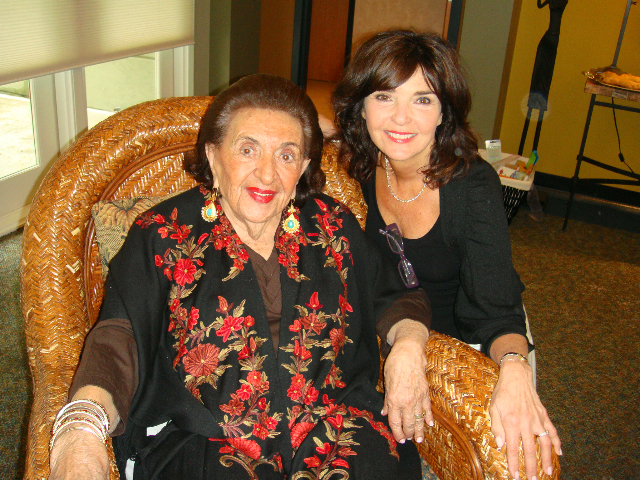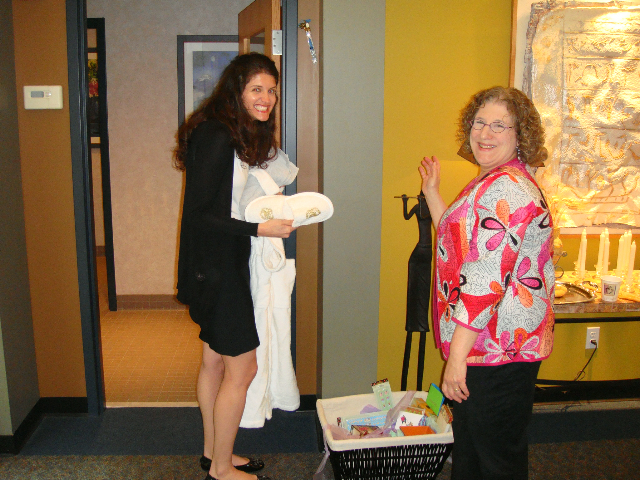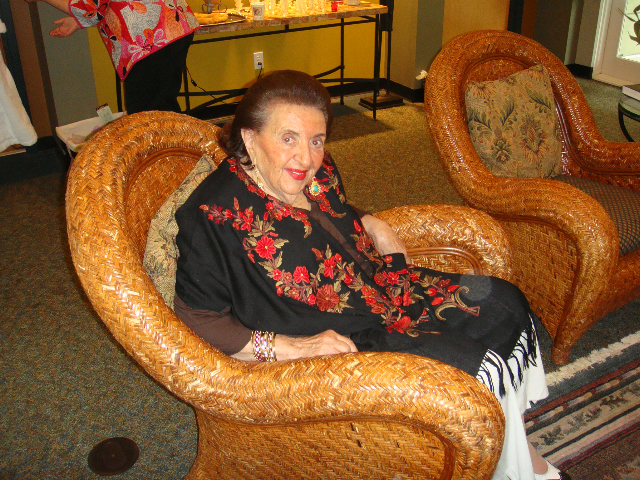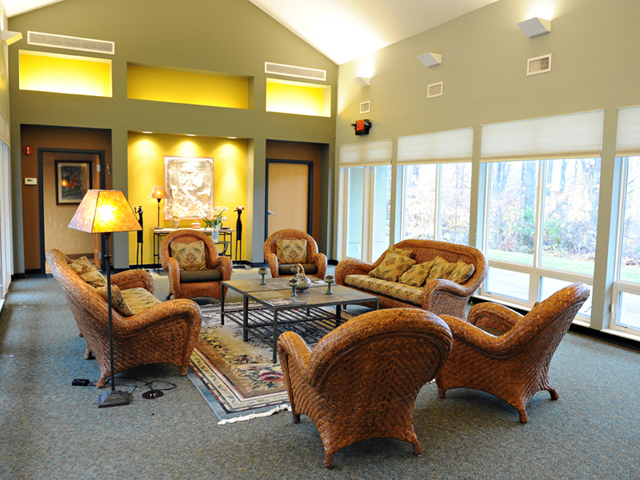Using the Mikvah
Ritual immersion is an ancient Jewish tradition. Historically, immersion was required of post-menstrual women, brides and converts to Judaism. Priests also immersed before Temple rituals, and some men before Shabbat and Yom Kippur.
Today the mikvah is still used for conversions and brides, but can also be used to mark milestones or important life-cycle events. Some use ritual immersion as part of their grieving process, or to help heal after emotional or physical trauma as well.
The Community Mikvah provides a sacred space for the following, but is not limited to:
Thank you for this peaceful spiritual experience and for making it available to the Jewish community.
I am so proud to have had my conversion here in such a beautiful facility. It made the whole experience even more meaningful as I embark on my new identity with the Jewish people.
From the ‘business’ of the get, I came into this welcoming space of transformation.
I come here today with hope and prayers after months of trying to be blessed with a baby. The mikvah was like immersion in a womb – symbolic of all our hopes and dreams.
What a wonderful way to cleanse the soul, reflect on my past and look forward to the future on my 60th birthday.
Knowing that my mother went to the mikvah before she got married made me both intrigued and sure that I also wanted to participate in such a wonderful tradition.
I am renewed and ready to enter the holy space of Yom Kippur.
